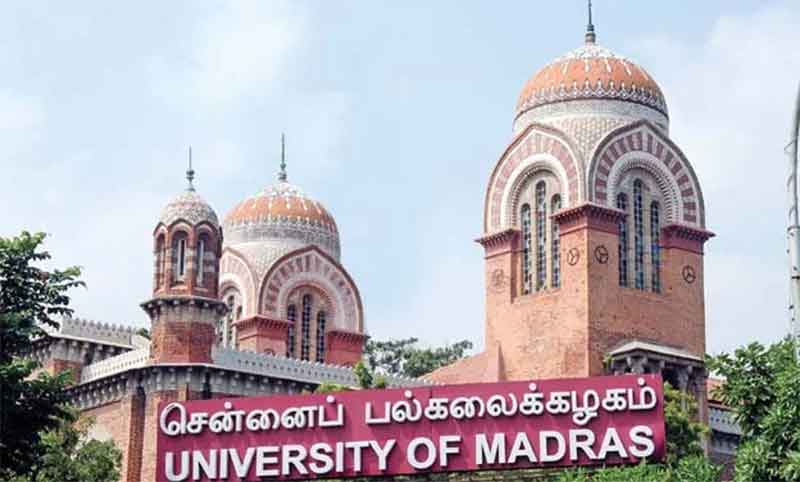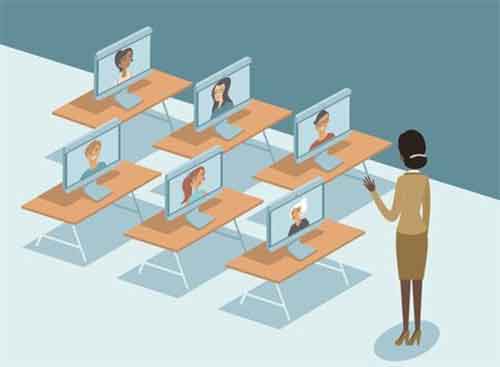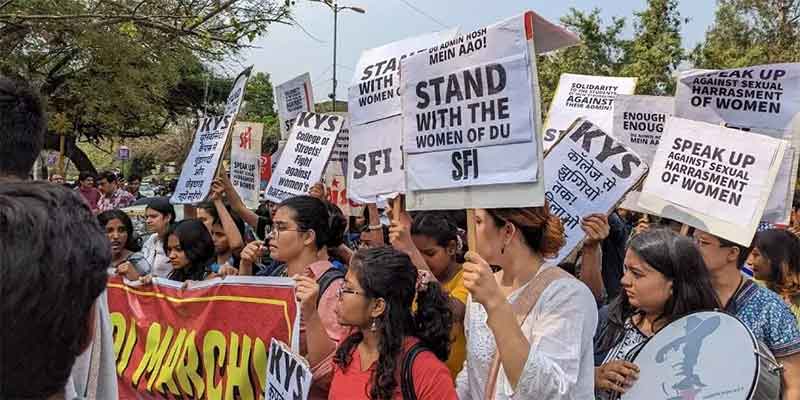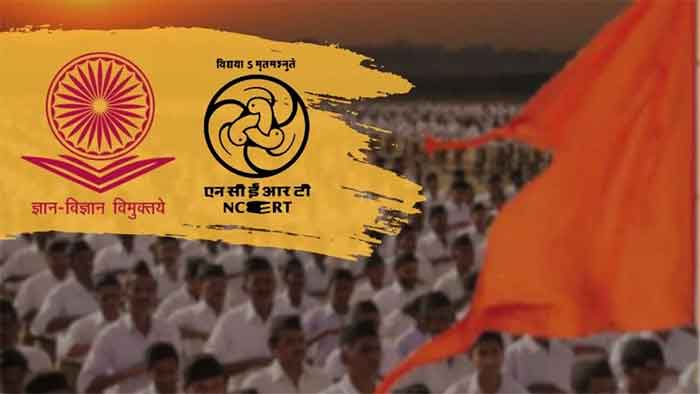by Sanjana Sree Manusanipalli and Sandeep Pandey

The Right of Children to Free and Compulsory Education Act was enacted by the Union Government in 2009 and implemented in 2010. As part of Section 12(1)(c) of this Act, at least 25% of children in the age group 6-14 years from the disadvantaged groups and weaker sections can be admitted to unaided private schools, and the government will bear the cost of education. There has been a long-standing demand to implement the idea of Common School System in India, which has been a recommendation of the Kothari Commission (1964-66) to achieve universalization of elementary education, which subsequent governments have ignored. It is noteworthy that all countries that have achieved very high literacy rates have done it by implementing the common school system, whether they are the developed countries belonging to G-8 or developing countries in southeast Asia, central Asia or our neighbours Sri Lanka and Iran. The Manmohan Singh government instead chose to adopt the provision of Section 12(1)(c), as mentioned above, to allow children from different economic classes to study together. This provision is woefully inadequate to achieve universalization of elementary education. Nevertheless, properly implementing this section will positively impact the lives of many children from disadvantaged groups and weaker sections.
20 States/Union Territories have not notified the per child cost of education, which is to be reimbursed to private schools in which children are admitted by the governments. This implies that majority of States and Union Territories in India, while some of them might be getting ready to implement Section 12(1)(c) of the RTE Act, lack the political will or enthusiasm to do this. Then there are states like Goa, Manipur, Mizoram, Sikkim and Telangana which are yet to even issue notifications regarding implementation of Section 12(1)(c) of the RTE Act, implying that they have no intention of doing this. Among these, Telangana stands out, not only because it is a big state compared to the others but also because it has one of the worst literacy rates in the country. Telangana’s literacy rate is only better than Andhra Pradesh, Arunachal Pradesh, Rajasthan and Bihar, according to National Statistical Office 2021 data. Moreover, there is resistance from private schools to let children from underprivileged backgrounds enter their campuses.
In violation of the spirit of the Act which, according to the National Commission for Protection of Child Rights, is ‘rooted in the belief that values of equality, social justice and democracy can be achieved only through the provision of inclusive elementary education to all,’ the governments are reluctant to open the doors of private schools for children from disadvantaged groups and weaker sections. Telangana seems to be evading implementing this section by asking the Union Government to release 60 per cent of the funds before they start.
What could be the reason for this avoidance of implementation? Is it the politically strong lobby of private schools which are putting pressure on the governments for non-implementation of sections 12(1)(c) of the RTE Act? In the case of Telangana, schools have claimed that funding is the reason they are not implementing the section. They say they can only afford to implement the provision if the State government reimburses the fee. They say that otherwise, they will have to increase the fee of other students, which they fear will lead to backlash from parents. They also asked for guidelines and directions to implement. The schools claim that if funding is provided, they will be happy to go forward with implementation. However, this argument is clearly an excuse as, so far, the experience from other states has been that big schools admit very few students under Section 12(1)(c). The numbers are so small that it will hardly affect their operation.
Many school owners privately confide that they want to avoid admitting students from economically weaker backgrounds for reasons such as being shabby, unhygienic, poor in English, not having basic etiquette and some going as far as to say they will steal. This shows a clear bias against students from these backgrounds.
This mindset can be seen reflected in the actions of powerful corporate coaching groups like Chaitanya and Narayana, which have infiltrated school education. They are also playing a role in blocking the entry of underprivileged children into elite schools. Owners of elite schools/coaching institutions believe the entry of children from disadvantaged groups and weaker sections will bring down the quality of education (read marks scoring capability). Research, on the other hand, points in the opposite direction. Inclusive education of children from diverse backgrounds enhances the quality of education in a wholesome sense.
In Telangana, Chief Minister K. Chandrasekhar Rao has launched the Dalit Bandhu scheme, which provides a grant of Rs. 10 lakhs to Dalits to set up small businesses. The question is if KCR wants to help Dalits, why is he not opening the portals of educational institutions for Dalit children, which will immensely empower them to become self-reliant citizens? The short-sighted view of politicians where largess which can fetch votes takes precedence over schemes which can empower people in the long term is ultimately working against the interest of the marginalized sections of the population.
If Section 12(1)(c) is to be used to admit children to private schools in Telangana, it will allow lakhs of children from disadvantaged groups and weaker sections to acquire some education of worth which will open up more opportunities for them. It will enhance the general quality of life of underprivileged sections of society and also humanize the education system, which is starting to resemble an industry with cut-throat competition.
Activists have been making efforts to get this Act and this section implemented. Several protests have been held for this cause. A PIL has even been filed in the Telangana High Court seeking enactment of the Act in the State. The Telangana High Court has even directed the State to figure out the issues with funding. Despite this, progress is yet to be made.
The right to education is now a fundamental right clubbed with Article 21, the right to life. If the vision is that education is so important to life, then the truant government of Telangana and other states and union territories which are holding back must not come in the way of children’s education. If education is not taken seriously, many children are denied the opportunity of a life-changing experience, which is now their fundamental right.
To ensure children are not denied their fundamental right, some political party or several of them could make the non-implementation of section 12(1)(c) of RTE Act an issue in the Telangana Assembly election, due later this year.
Sanjana Sree Manusanipalli is a final year LLB student at NALSAR, Hyderabad and Sandeep Pandey is a visiting faculty there.
e-mail ids: [email protected], [email protected]















































